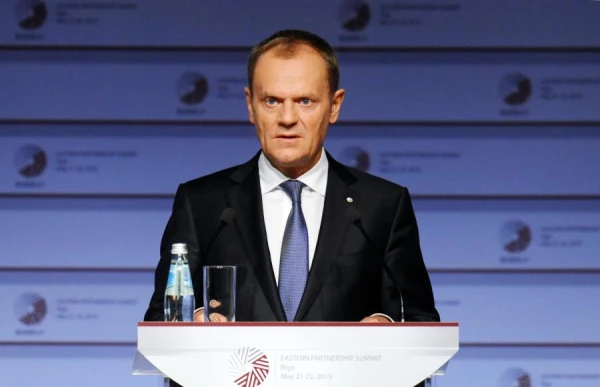
Clemens Fuest, head of the Munich-based ifo Institute for Economic Research, warned of the risk of an 'Italian scenario' for Germany's economy. He called for urgent reforms to stop the decline in prosperity.
Clemens Fuest, head of the Munich-based ifo Institute for Economic Research, warned of a serious threat of economic decline in Germany. "Germany has been in a state of economic recession for many years. The situation has become truly dramatic," Fuest said in an interview with the weekly Bild am Sonntag, published on Sunday, October 26.
Corporate Investments in Germany at a 10-Year Low
According to ifo data, since 2015, government spending has increased by more than 25%, while investments from private companies have been declining since 2021 and have now returned to the levels of a decade ago. While these two indicators were roughly aligned from 2015 to 2020, government spending is now 25 billion euros higher than corporate investments. Furthermore, Germany's GDP has stagnated at the levels of 2017-2018 and is virtually not growing.
Fuest emphasized that this poses a direct threat to Germany's economic well-being. "Less private investment means less growth in the medium term, less tax revenue. And, consequently, less funding for public services," the economist explained.
According to him, the average standard of living in the country has not been increasing for a long time, which exacerbates social stratification. "Many citizens are already feeling a decline in their standard of living, while others are experiencing growth. Germany is facing 'Italian conditions,'" Fuest warned.
Call for Reforms and Reduction of Bureaucracy in Germany
Clemens Fuest urged the German government to present a "comprehensive reform program" by spring 2026 that goes beyond the coalition agreement. According to him, such a plan should include social reforms, including the abolition of pension entitlements for mothers. "Instead, the government should consistently work on preventing social contributions from increasing," he emphasized.
The head of ifo proposed relieving companies from excessive bureaucracy - for example, by eliminating reporting requirements related to CO₂ emissions, supply chains, and minimum wage. "All of this creates only costs, but brings no benefits," Fuest noted. In his estimates, such measures could annually bring up to 146 billion euros in additional wealth to the German economy.











Leave a comment